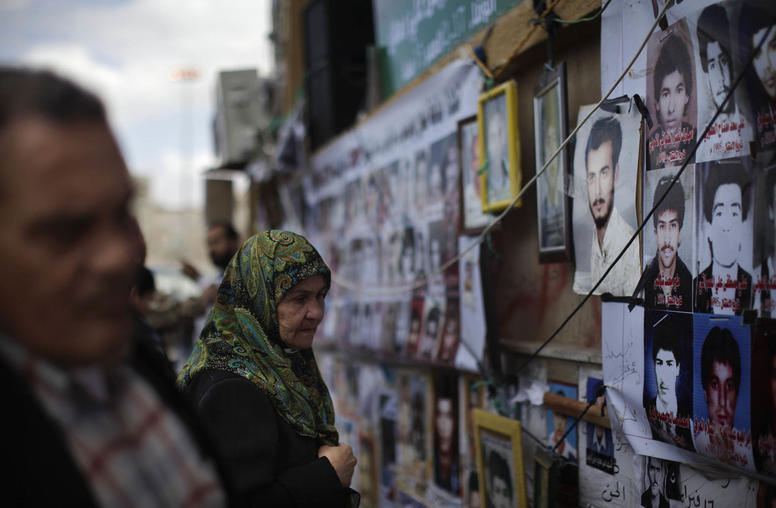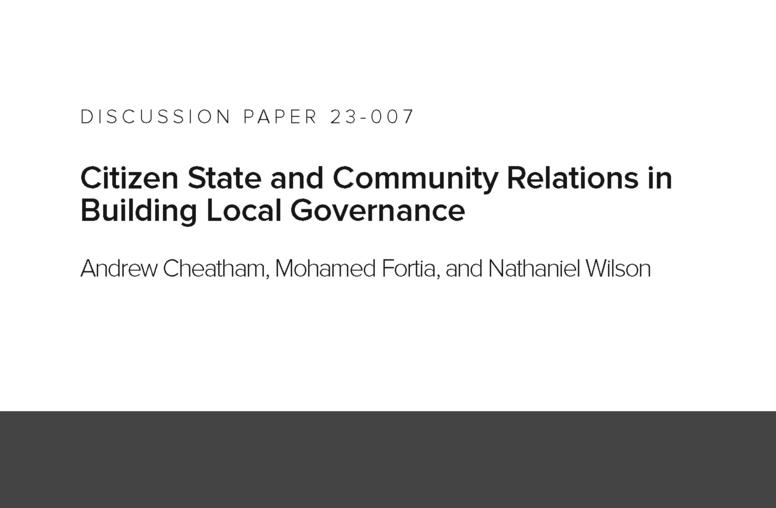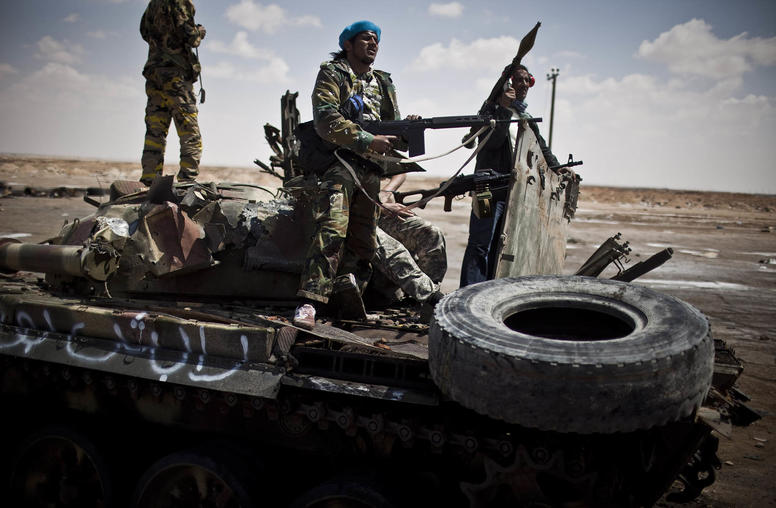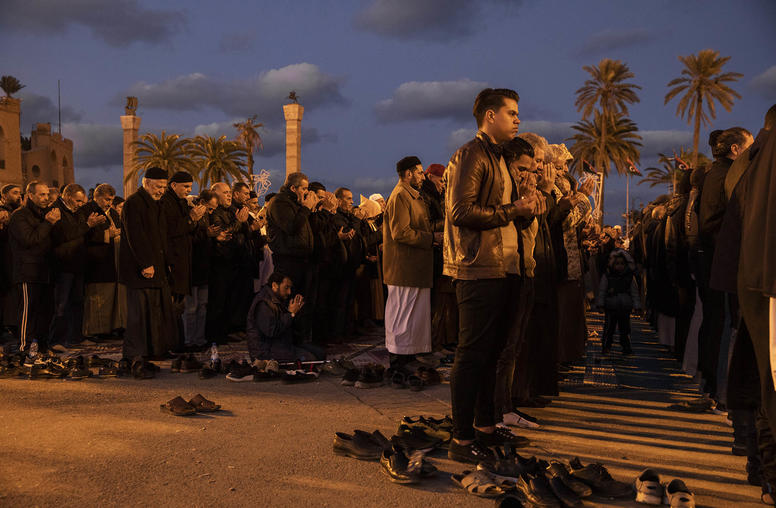Drug Trafficking and Use in Libya and North Africa
Trends, Effects, and Responses
The trafficking and consumption of illicit drugs both within and through Libya are often overlooked as factors in the country’s fragile situation. But the dynamics of illicit drug trading and use in Libya are just one manifestation of the rising drug challenge faced by North African states. Production, trafficking, and consumption are increasing and transforming across the region, posing a rising challenge to stability, security, and public health in Morocco, Algeria, Tunisia, and Libya.
USIP and the Global Initiative Against Transnational Organized Crime (GI-TOC) hosted a presentation of recently published research on drug issues in the region. USIP experts discussed their research on drug trafficking and consumption in Libya, while GI-TOC experts analyzed trends in the Maghreb as a whole. The event brought together policymakers and practitioners to explore the dynamics of these issue areas and what can be done to deal with the harmful effects while mitigating harm to communities.
Join the conversation on Twitter with #NorthAfricaDrugTrends.
Speakers
Nate Wilson, moderator
Libya Country Manager, U.S. Institute of Peace



